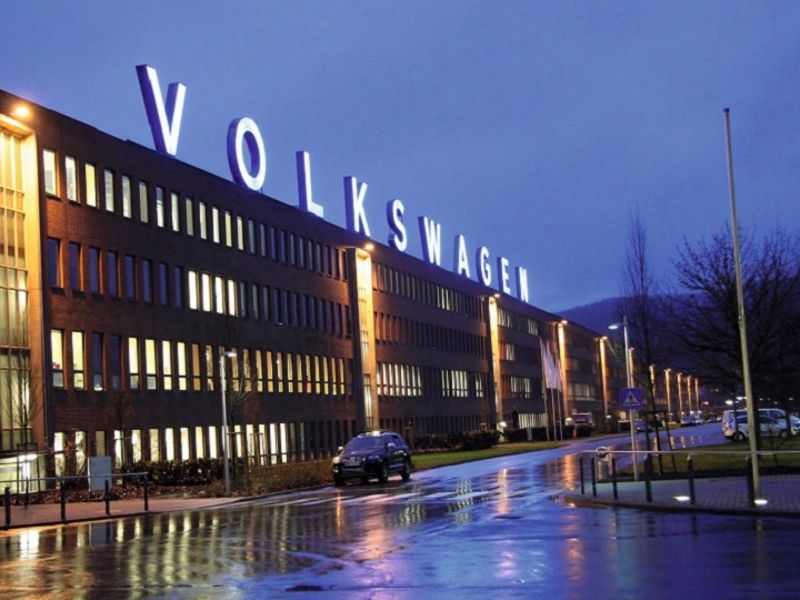
HAMBURG — Microchip supply bottlenecks will impact production at some of Volkswagen’s German plants in February.
VW said on Wednesday that it had applied for short-time work at its Wolfsburg car factory on some days of the month.
The automaker also said it had also planned reduced working hours at its components factories in Kassel and Brunswick in February as a precautionary measure. Production at Emden however will not be affected, VW said.
“That means that, depending on the supply situation, there can be adjustments in vehicle and components production over the coming weeks,” VW said in an e-mailed statement.
Global automakers are adjusting assembly lines due to semiconductor shortages, which have become a political issue since German Economy Minister Peter Altmaier wrote to his Taiwanese counterpart to ask for help in addressing it.
Automakers early last year canceled orders to chip manufacturers in anticipation of a sharp drop in sales, leading them to switch to supplying growing demand from consumer electronics manufacturers.
“When carmakers and their suppliers realized that they needed more than expected, it was too late, production had been sold elsewhere,” said McKinsey consultant Ondrej Burkacky. “The problem was compounded by high levels of storage by Chinese telecommunications technology manufacturers,” he said. The overall production capacity gap appears manageable, he added.
VW has said is in talks with its main suppliers Robert Bosch and Continental about possible claims for damages due to the shortage, which has also hit rivals Ford, Toyota and Nissan.
Daimler on Wednesday rejected the idea that automakers were responsible for the bottleneck, raising pressure on automotive suppliers.
“Already in mid-2020 we observed a clear recovery at Mercedes-Benz, which we worked into our delivery schedule right away,” the carmaker said, adding all equipment orders had been placed on time.
Daimler said it had applied for short-time work for its Bremen and Rastatt sites in Germany, while production at its Kecskemet plant in Hungary will be halted from Jan. 20 to Jan. 30 due to the shortage.